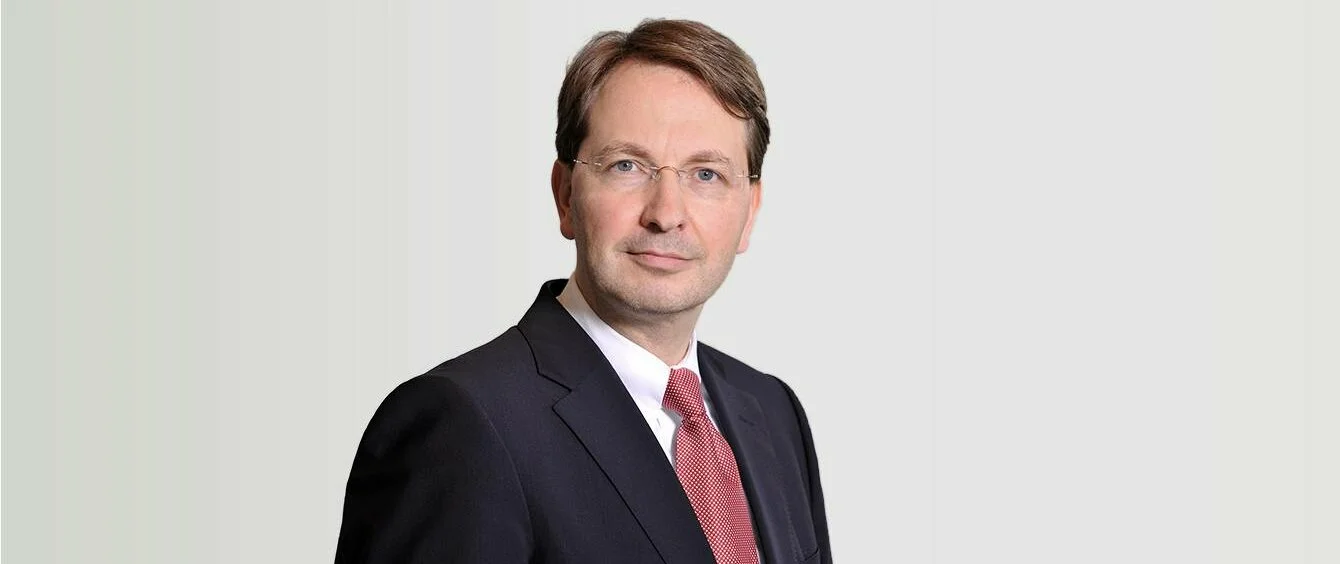What does the future hold for lignite? Dr. Frank Weigand, Chief Executive Officer of RWE Power AG, discusses this issue and other matters in an interview with en:former.
en:former: Dr. Weigand, you have been in charge of RWE Power since the start of 2018. What are your goals for the company?
It’s important to me to highlight the importance of security of supply more clearly in the debates about energy policy. Lignite plays a key role in this regard, even though there is considerable resistance right now. We also want to continue developing. We are doing this by pressing ahead with some very exciting innovations. For instance, we are working on a number of projects to utilise the carbon dioxide we separate from the flue gas, for example as a replacement fuel for diesel.
What about the long-term prospects for lignite as a source of energy?
We shouldn’t make the mistake of writing off lignite too quickly. It will be needed for decades to come as a bridging technology, so that we can ensure a smooth supply of electricity. Let me cite an example: last winter, there were several days when renewables generated around 20 gigawatt hours (GWh) of electricity, but consumption in Germany amounted to more than 70 GWh. This gap needs to be filled. Right now, we use conventional power stations which have secured capacity to do this, in part because large-scale storage systems are not yet available. Lignite is the most important fuel in this regard because it can supply base-load power at the lowest cost, and production can be ramped up or down flexibly.
But RWE’s role is changing?
Yes, we’re becoming a supplier of secured capacity, and we’re a stable, reliable partner for renewables. And North Rhine-Westphalia is the top location when it comes to secured capacity.
Of course, you still have to participate in the public debate about climate goals as well…
Phasing out coal started a long time ago. And we are playing an active role in guiding this process. Because lignite makes a significant contribution to climate protection. We have a clearly defined schedule for reducing emissions. By 2030, we will cut back our carbon emissions by 40 to 50 per cent. Show me one other sector, be it the construction industry or transportation or any other, that is cutting carbon emissions as much as we are!
You said RWE’s role is changing. What does this mean for the region?
Climate protection, security of supply, affordable electricity: we still have to view this triangle as a whole. This is important for energy-intensive industries, which employ thousands of people. But it’s also important for the people who work in the opencast mines and the power plants. And last but not least, it’s important for the suppliers and many companies at these locations. Premature action can cause a great deal of harm and, more importantly, not do any good for the climate. Regions must be given the opportunity to launch structural reforms over time in a reasonable manner. We can’t just leave them to handle it on their own. We want to support this structural transformation, in the interests of the region and our neighbours.
